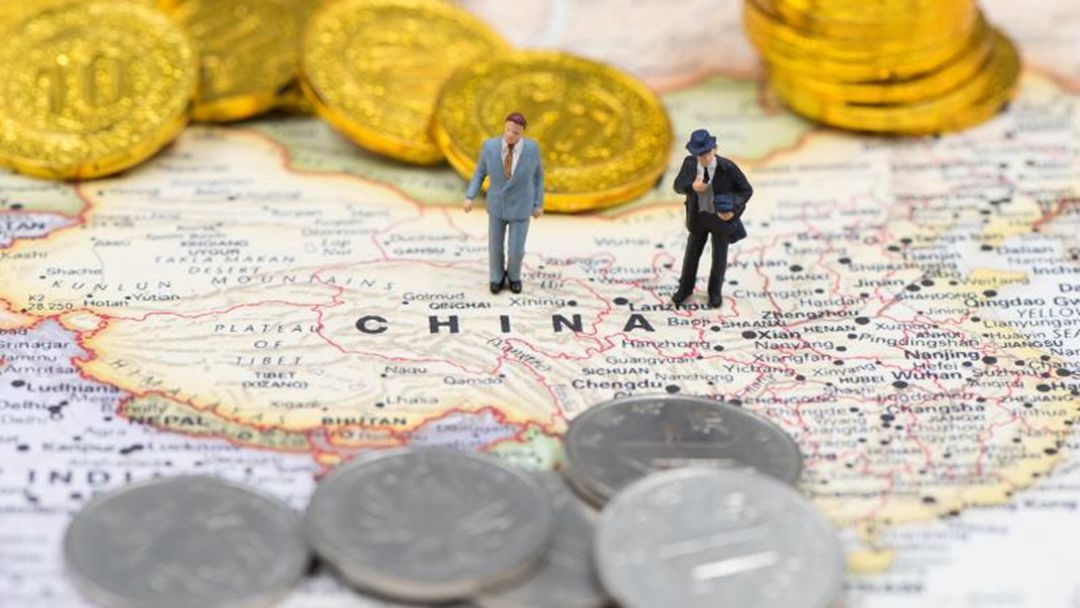
Business
19:50, 10-May-2018
Chinese brands go global
CGTN's Liang Rui
00:54

Chinese brands are spreading all over the world as the government spares no effort to implement its “opening-up and going-out” policy.
The first Chinese Brands Day on May 10 was part of that undertaking.
As a prelude to what is actually a three-day celebration, the first exposition on China Indigenous Brands is being held in Shanghai until Saturday, with the theme of “China Brand World Sharing.” The expo has attracted over 800 participants from around the world as well as 500 well-known brands.
A list of the 100 most valuable Chinese brands was also jointly unveiled by public and private Chinese organizations ahead of the Chinese Brands Day. The list shows that the top 100 have a combined value of about five trillion yuan.
Guess who are the big winners among the 1,346 companies in the ranking? Internet giant Tencent is the most valuable brand, with an estimated worth of 308.4 billion yuan, closely followed by rival Alibaba, two billion yuan less.
Chinese brands in financial sectors contribute the most in terms of value, at 1,721 billion yuan. That means they account for about 30 percent of the total value of top 100 brands.
02:28

Analysts say such data signal Chinese brands already occupy the market step by step, domestically and abroad. They add that quality paired with global communication is a key to the success of Chinese brands in foreign markets.
"In the UK, the two brands that are most present are Huawei and Lenovo, and interestingly they're now starting to build much more of a profile and be associated with premiumness and quality, rather than playing the volume game that Chinese brands have previously,” said Martin Guerrieria, Global BrandZ research director at Kantar Millward Brown.
Guerrieria said the whole connotations around Made-in-China would have been a negative previously, but those perceptions are starting to change both within China and externally. “It's now those brands are starting to be proud of being created in China," he added.
However, quality improvement and efficient global communication are not enough for Chinese brands to survive and thrive. Winston Eavis, director of communications at Huawei, expressed his concern about the firm’s development.
"It's a lot more difficult we feel sometimes to survive and thrive and grow in a flat market, than in a market that's growing 10, 20, 30 percent year-on-year, but that's what we are doing," he said.
While there are certainly obstacles to overcome, Chinese brands have stepped to the plate and are taking root across the world.
(CGTN’s Zhu Feng and Jin Yang also contributed to the story.)

SITEMAP
Copyright © 2018 CGTN. Beijing ICP prepared NO.16065310-3
Copyright © 2018 CGTN. Beijing ICP prepared NO.16065310-3